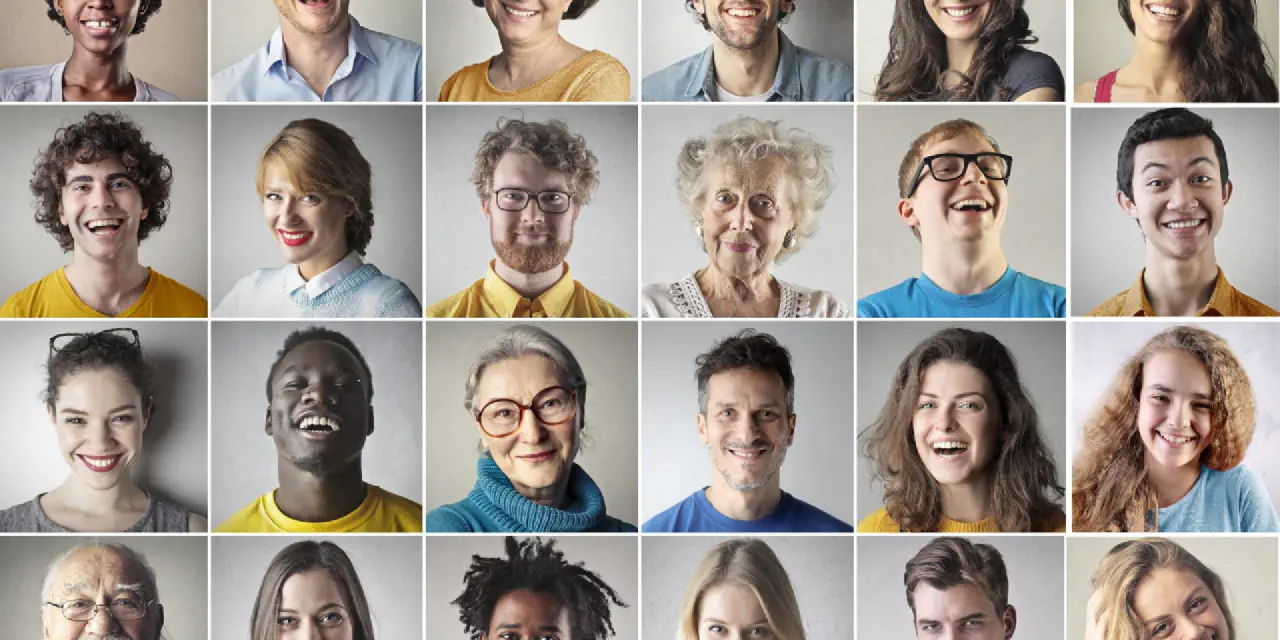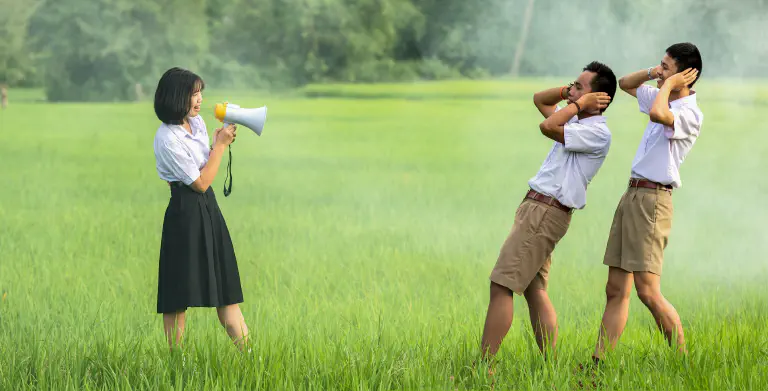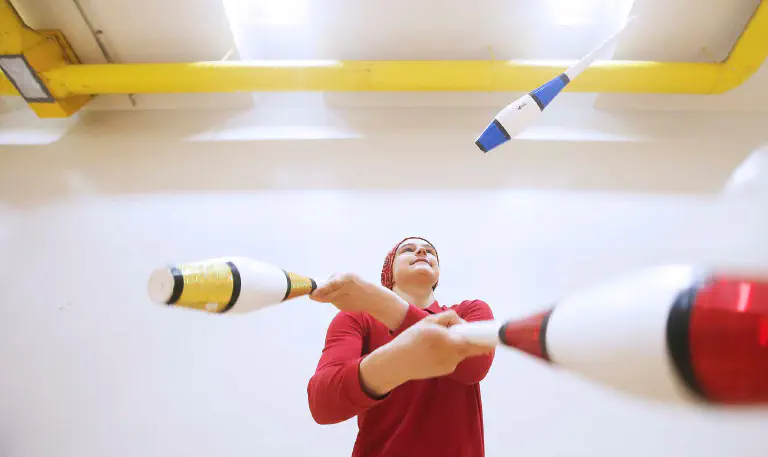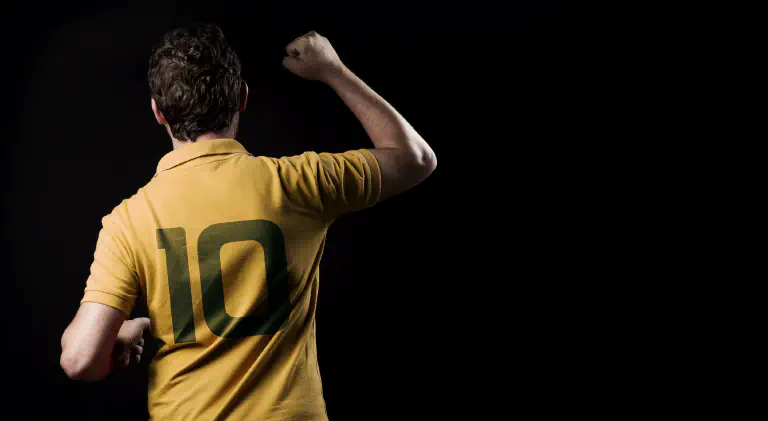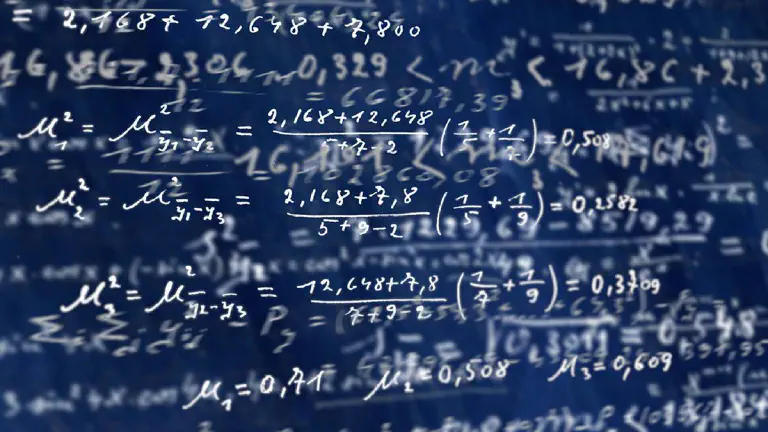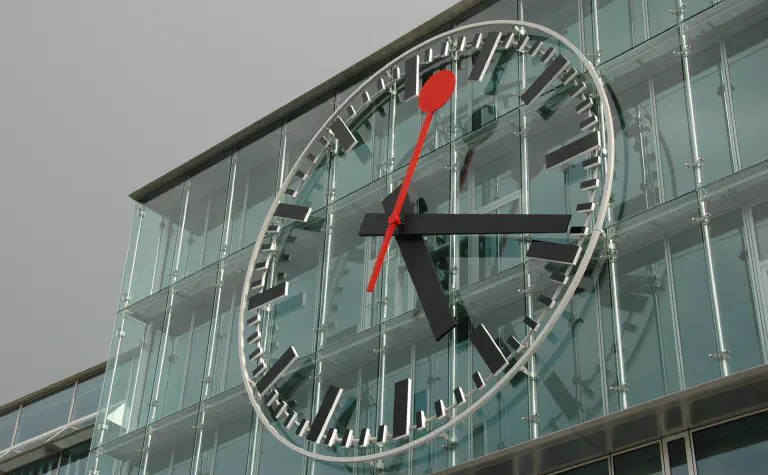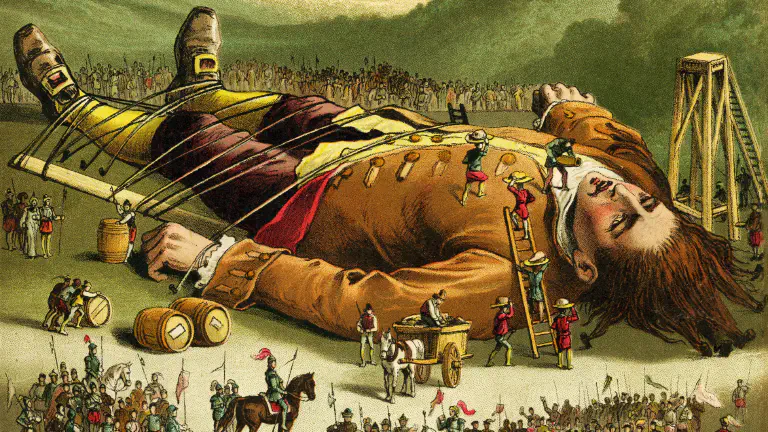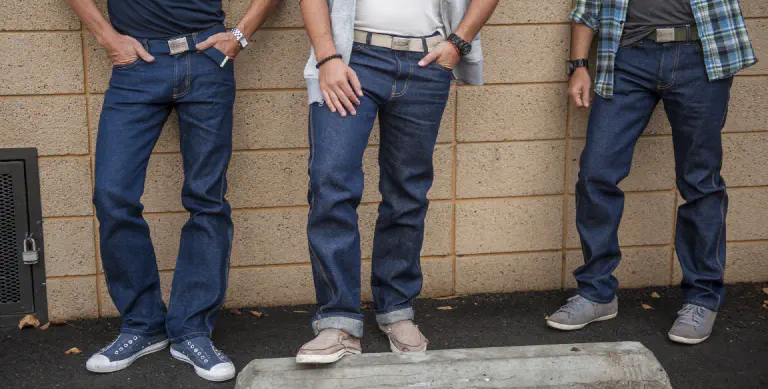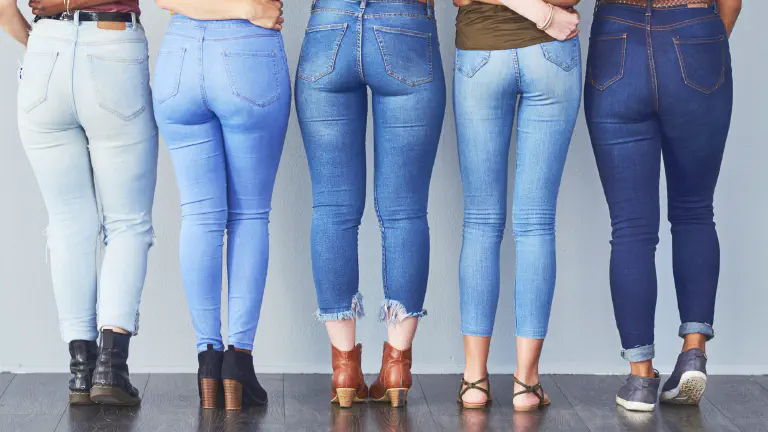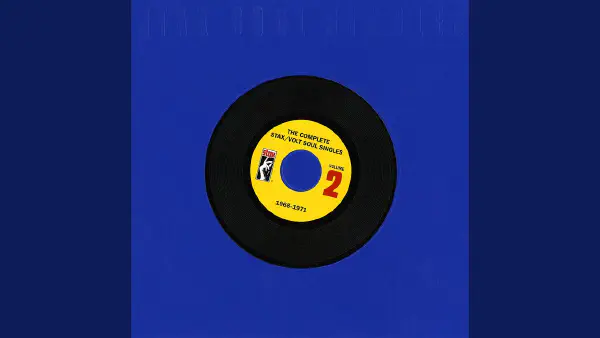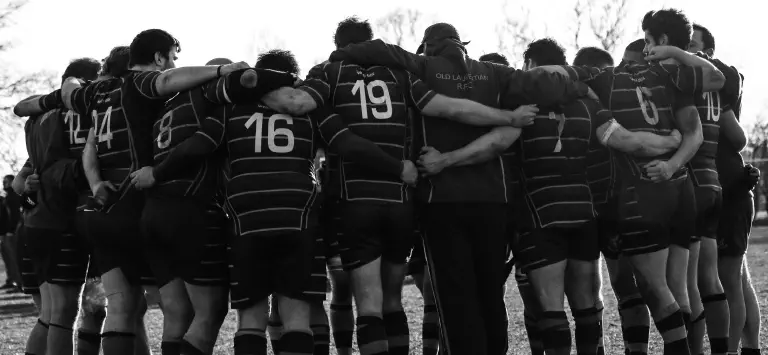The Purpose of Life Is to Be Happy
Most of us understand that we want to be happy. Not everybody, however, knows how to be happy, or is particularly good at it.
Humans tend to project cause and effect externally, in that we conceptualize the control point for our happiness to our environment.
We are dissatisfied, because someone or something we cannot control makes us dissatisfied.
It could be this phenomenon exists because it is easier for humans to externalize dissatisfaction than to accept responsibility for satisfaction.
In other words, it's just down right unpleasant to say, 'I'm unhappy because I'm not doing it right,' and much easier to say 'if only those guys weren't there doing whatever it is 'those guys' are doing, I'd be happier!'
Nature vs Nurture
There is a school of thought, that suggests human existance is in a kind of deterministic stasis.
Consider the notion that we exist according to a natural template, following some sort of written blue print, kind of like fruit maturing as the season progresses. Humans are somewhere along in the cycle and will ultimately end, like fruit in the fall regardless of what we do.
From this view, humanity is what it is for good reason. Everything is planned and the way we are as a species is for the best.
If one were in the habit of arguing such things, one might argue it's this kind of deterministic theory that drives us to justify our aggregate behaviour, rather than owning up to it.
But another theory, the theory of Happenstance, which I proposed in this post, suggests an non-deterministic reality. A reality in which humanity can improve itself; in which we can improve ourselves; in which we can be a happier.
And while it has proven politically advantageous to justify our dissatisfaction - because people do not want to feel at fault for the way they are - it just isn't helpful to the unhappy or less happy.
Happiness
And we are lucky then, as a global society that people do champion the idea that the level of happiness can be improved.
One such champion is the Dalai Lama
The Dalai Lama, consistently provides psychological methodologies for collectively increasing our happiness.
And while it is widely understood there are minimal financial and security conditions that must exist for happiness to occur, it is also widely understood that beyond those conditions happiness is primarily a psychological phenomenon.
And so, while we may not as individuals identify with the Dalai Lama, or his lifestyle, we will be better off as individuals, if we occasionally read his words and accept them as a valid path to greater satisfaction.
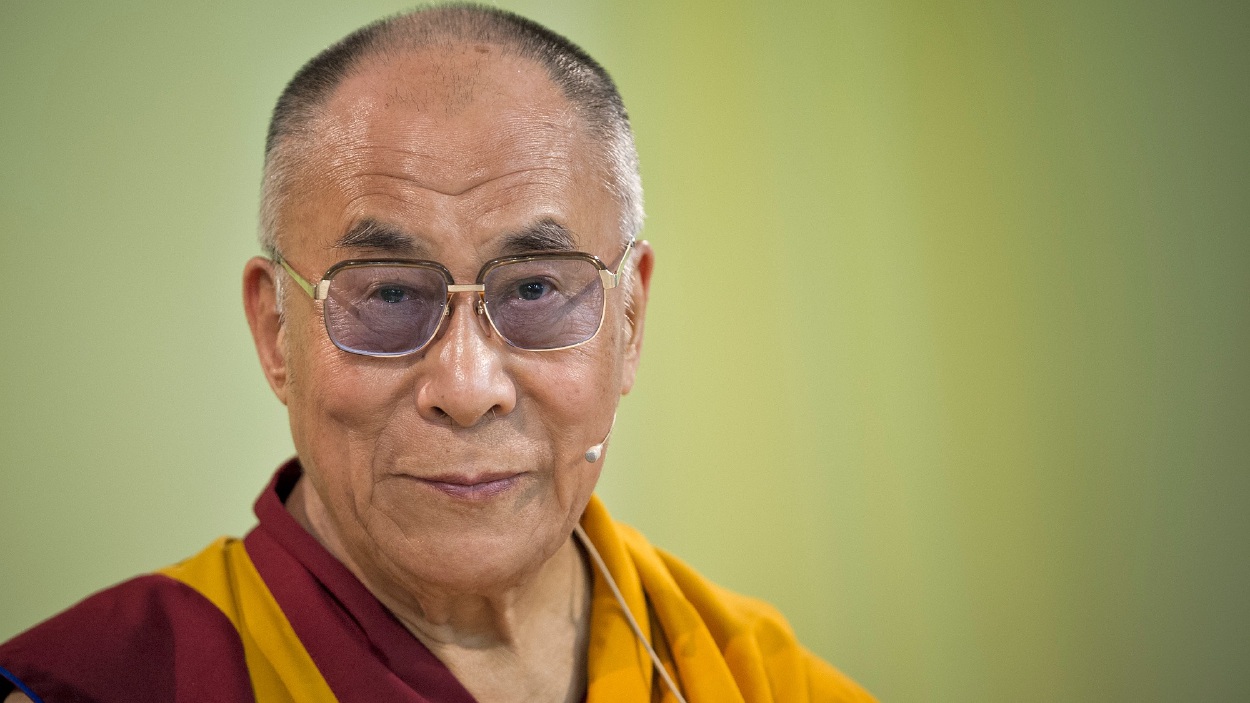
"In order to be happy we must first possess inner contentment; and inner contentment doesn't come from having all we want; but rather from wanting and appreciating being grateful for all we have."
~ Dalai Lama"
Gratitude: Not Just Pie in the Sky
Fortunately, we don't just have to take the Dalai Lama's word for it!
Modern behavioural science now offers empirical data we can use as a guide to becoming happier.
In a recent study, Mastroianni & Ludwin-Peery (2022), show bias towards optimism in the human imagination.
"When you ask people to imagine how things could be different, they imagine how things could be better. This doesn't depend on how we word the question, and it happens in people's everyday thoughts. Everybody seems to do it; demographics make little difference. Polish people also imagine how things could be better, as do Chinese people answering in Mandarin. And people imagine how things could be better even though it appears to be harder than imagining how things could be worse."
...
"Everybody knows about the hedonic treadmill: once you're moderately happy, it's hard to get happier. But nobody has ever really explained why this happens. People say things like, (oh, you get used to good things,) but that's just a description, not an explanation. Why do people get used to good things?
Now we might have an answer: people get used to good things because they’re always imagining how things could be better. So even if things get better, you might not feel better. When you live in a cramped apartment, you dream of getting a house. When you get a house, you dream of a second house. Or you dream of lower property taxes. Or a hot tub. Or two hot tubs. And so on, forever."
~ Mastroianni & Ludwin-Peery, 2022, "Things Could Be Better."
What the Mastroianni & Ludwin-Peery paper tells us is that we tend to get bummed out about what we have and how we are living because we are wired to believe we can improve (and also, that others are doing better).
And now we have another piece to the happiness puzzle.
What Is the Secret to Happiness?
First, if you are unhappy and want to become happier, it is useful to look inwardly and ask yourself what you can change to become happier.
Humans are preconditioned to want to change their environment rather than the way they interact with it, but there is no evidence that strategy is actually evolutionarily helpful.
Happenstance says, we are more likely to have evolved less optimally than optimally, which means we could be much better off collectively if we were somewhat more inwardly focused.
Such practices could even encourage less sociatal ossification as lifespans increase.
Second, while there are many more secrets to happiness, including strategies to create more things people want, to become better at what we do, and to embrace and overcome challenges, reframing the way we percieve our fortune is likely to make us happier.
Being Grateful
Gratitude is the perfect fix for the less than happy condition.
Not only does it recalibrate our situation to one that is better than we thought it was, but it also prompts us to reward the people we interact with (because our situation is a result of those interactions).
And thus, gratitude makes us and those around us happier.
That Is the Take Away You Can Focus On This Christmas.
Gratitude
Yes, if you are obviously fortunate, be grateful for that.
But if you are like most people, you can still be grateful for the legs you have that enable you to walk around.
And if you do not have legs that enable you to walk around, well, you have every right to be grumpy! However, gratitude is always a boost! Under difficult circumstance, you can be grateful for the breath you have in your lungs.
Being grateful and expressing your gratitude really will improve life for you and for those around you.
Merry Christmas!
Gratitude
"Grateful is a curious sort of adjective. The grate that a grateful person is full of is a now obsolete adjective, meaning 'pleasing and 'thankful,' which was derived from Latin gratus. It is unusual for adjectives ending in -ful themselves to be formed from adjectives, rather than from nouns, and it has been suggested in this case that the related Italian gradevole 'pleasing' may have had some influence. Latin gratus itself meant 'pleasing' as well as 'thankful,' and has also given English congratulate, gratify, gratitude, and gratuity, and, via the derived noun gratia, grace, and gratis."
~ John Ayto, "Dictionary of Word Origins"
[This is a 1st draft. Come back later and read the edited post.]
References:
Mastroianni, A., & Ludwin-Peery, E. (2022, November 14). Things could be better. https://doi.org/10.31234/osf.io/2uxwk

